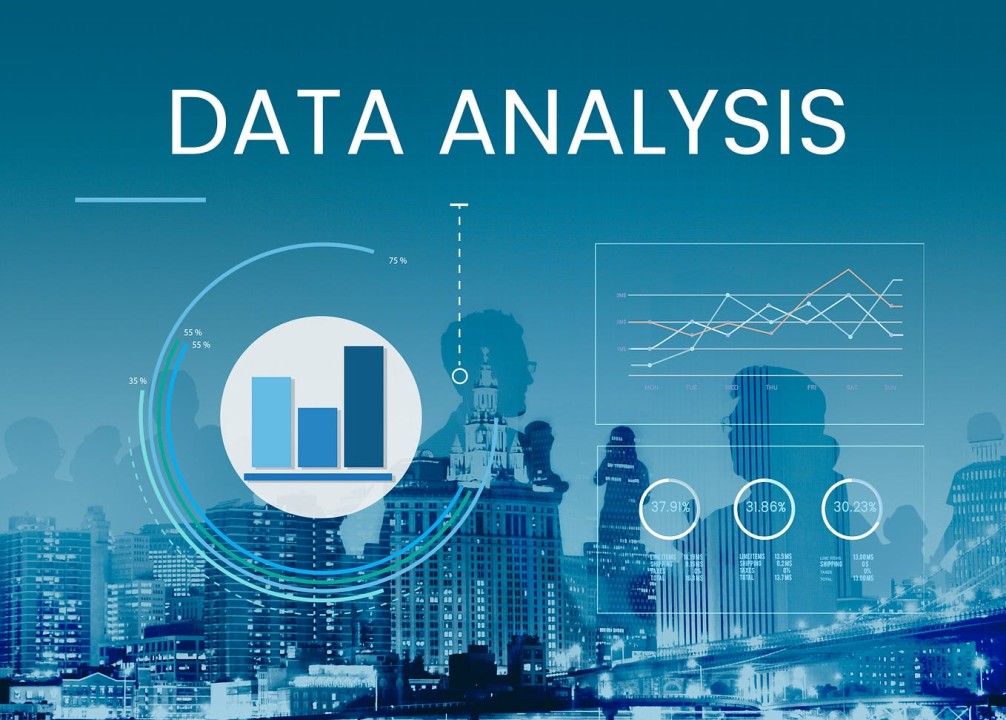In today’s digital age, data is often hailed as the new oil. With the vast amounts of information generated every second, businesses that can harness this data effectively have a significant competitive edge. This is where data analytics comes into play. But what exactly is data analytics, and how can it transform your business? Let’s dive into the essentials.
What is Data Analytics?
Data analytics refers to the process of examining raw data to uncover patterns, correlations, trends, and insights. It involves using various tools and techniques to clean, transform, and model data to make informed decisions. In essence, data analytics is the bridge between data and actionable insights.
Types of Data Analytics
- Descriptive Analytics: This type answers the question, “What happened?” It involves summarizing past data to understand trends and patterns. For example, a company might analyze last quarter’s sales to determine the best-performing products.
- Diagnostic Analytics: This goes a step further by answering, “Why did it happen?” By drilling down into data, businesses can identify the root causes of certain trends or behaviors.
- Predictive Analytics: As the name suggests, predictive analytics forecasts future trends based on historical data. It answers the question, “What is likely to happen?” For instance, it can predict customer behavior or sales trends, allowing businesses to prepare accordingly.
- Prescriptive Analytics: This type advises on possible outcomes by answering, “What should we do?” It involves using algorithms and machine learning to recommend actions that can optimize results.
The Role of Data Analytics in Business
Data analytics plays a pivotal role in various aspects of business operations:
- Improved Decision-Making: With accurate data and insights, businesses can make informed decisions, reducing risks and increasing efficiency.
- Enhanced Customer Experience: By analyzing customer data, companies can personalize experiences, improve products, and build stronger relationships.
- Operational Efficiency: Data analytics can identify inefficiencies in processes, allowing businesses to streamline operations and reduce costs.
- Competitive Advantage: Businesses that effectively leverage data analytics can stay ahead of the competition by quickly adapting to market changes and customer needs.
Tools and Technologies in Data Analytics
Several tools and technologies are used in data analytics, ranging from simple spreadsheets to advanced software:
- Excel: Still widely used for basic data analysis and visualization.
- Tableau: A powerful tool for data visualization that helps in creating interactive dashboards.
- Python & R: Programming languages popular for data analysis, with extensive libraries for statistical analysis and machine learning.
- SQL: Essential for querying databases and extracting data.
- Big Data Tools: Such as Hadoop and Apache Spark, used for analyzing large datasets.
Challenges in Data Analytics
While the benefits of data analytics are clear, there are challenges that businesses must navigate:
- Data Quality: Poor quality data can lead to inaccurate insights. It’s crucial to ensure data is clean, consistent, and reliable.
- Data Privacy: With increasing concerns about data privacy, businesses must be careful about how they collect, store, and use data.
- Skill Gap: There’s a growing demand for data analysts and data scientists, but the skill gap in this field remains a challenge.
The Future of Data Analytics
The future of data analytics is bright, with advancements in artificial intelligence (AI) and machine learning leading the way. As these technologies evolve, data analytics will become even more powerful, enabling businesses to predict trends with greater accuracy and make smarter decisions in real time.
Conclusion
In a world driven by data, the ability to analyze and interpret that data is invaluable. Whether you’re a small business or a large corporation, investing in data analytics can lead to improved decision-making, enhanced customer experiences, and a stronger competitive position in the market. As technology continues to evolve, the importance of data analytics will only grow, making it a critical component of any successful business strategy.










